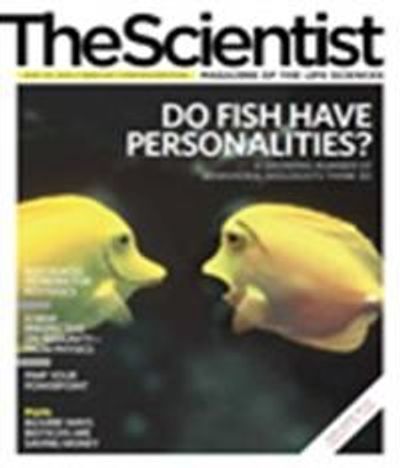
What would be the perfect revenge for a scientist whose paper is turned away from Nature? A Nobel Prize, of course. Such was the case for Hans Krebs, the biochemist who nabbed the award in 1953 for discovering the citric acid cycle, or “Krebs cycle”—the cellular pathway that converts carbohydrates, fats, and proteins into energy.
Krebs, a German-born Jew trained in medicine and chemistry, was forced out of his position at the University of Freiburg as the Nazis rose to power in the early 1930s. Fleeing the country for England, he joined the faculty of the University of Sheffield in 1935, where he achieved his groundbreaking discoveries.
In March 1937, Krebs and a colleague minced the breast of a freshly killed pigeon in their lab, suspended it in solution, and observed its metabolic rate decline over the next half hour. By adding...
It is undesirable to accept further letters at the present time.
Krebs submitted his findings to Nature, only to receive a note that the journal had a backlog of “letters” and could not publish it without a significant delay. “This was the first time in my career, after having published more than fifty papers, that I experienced a rejection or semi-rejection,” Krebs wrote in his memoir. He resubmitted his findings to the journal Enzymologia in Holland, where they were published within 2 months.
In 1988, 7 years after Krebs’s death, an anonymous editor published a letter in Nature calling the rejection the journal’s most “egregious error.”

Interested in reading more?




